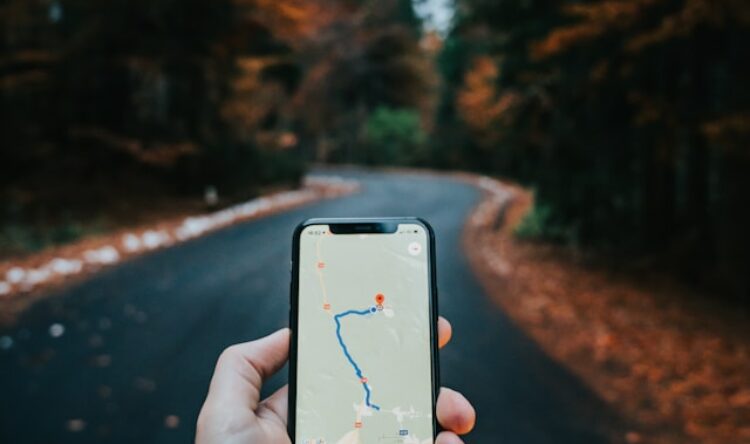‘Survive the Drive’ road safety initiative being piloted at military bases
Armed forces personnel are much more likely to die in a car crash than civilians
A new road safety initiative is being piloted at military bases – including Stonehouse Barracks in Plymouth – because armed forces personnel are much more likely to die in a crash than civilians.
Devon & Somerset Fire & Rescue Service (DSFRS) have been piloting the new ‘Survive the Drive’ scheme at military bases within the south west. In early December 2018 the ‘Survive the Drive’ team presented at Stonehouse Barracks in Plymouth speaking to the Royal Marines.
Dan Lester, Education and Road manager for DSFRS explained: “This is our third pilot and we plan to go live in early 2019. Today has been a massive success as we have had some really good feedback from the troops and the other fire and rescue services that attended. The armed forces are statistically more at risk of a RTC then there civilian counterparts. So we are hoping to reduce that figure by giving them vital information to keep them safe behind the wheel. It is a great collaboration with the armed forces.”
‘Survive the Drive’ has been established as a response to a situation where between 2013-2017, UK Regular Armed Forces personnel were at a 62% statistically significant increased risk of dying due to a land traffic accident. This is compared to the UK’s general population, with Army personnel being at a 111% statistically significant increased risk of dying as a result of Road Traffic Collisions.
The road safety messages conveyed include; the dangers of driving whilst tired, under the influence of alcohol, specifically the morning after, using a mobile phone, excess or inappropriate speed and not wearing a seat belt. It will lead to an understanding that driving is one of the biggest risks Armed Forces personnel face and that small changes in behaviour can lead to less risky driving, a reduction in road collisions, deaths, physical and psychological trauma among Armed Services personnel and their families.
Simon Roles Captain in the Royal Marines said: “The presentation and the messages are invaluable and humbling at the same time. Road safety is important as we have a duty of care to the people we manage. It is also vital for the military capability deployed that they see and hear the raw account that the blues light services and civilians have put across to us.
“The messages will certainly impress on some people, especially as there was a royal marine speaking about his injuries, brings it all a bit closer. People are in control of their destiny. I’d like to think they will talk to their peers. This hard hitting education needs to consistent and continual.”
The initiative has been based upon the highly effective Learn2Live theatre style presentation and includes a mix of films with Armed Services personnel involved in a road traffic collision as well as live speakers who tell real stories from their own personal experiences.
WM Chris Wolstencroft from Cornwall Fire & Rescue Service said: “This is a really good progression from the Learn 2 Live style presentation that is bespoke to the military. We have a number of bases across Cornwall so it’s really beneficial and I can see the impact it had on everyone. The messages were really sinking in. We are very keen to adopt this initiative.”
Jane Hofmeister is a family speaker presenting alongside the emergency services. Jane explains: “I here as Amy’s mother. Amy was my 13 year old daughter that I lost 7 1/2 years ago. Since then I have created a road safety charity Think Amy.
“We are here today to get into the hearts and minds of civilians and tell these very true stories of what has happened and what the emergency services have seen. From my side its how it feels to lose someone. So when the military put a key into a ignition, they remember we all hold responsibility to look after ourselves, our passengers and the people around us as well. It’s a reminder that life can change in a spilt second and it’s about making the right choices, especially when driving.”
The initiative has been developed by a consortium including DSFRS, the charity SAFE South West (who secured over £19,000 of funding from the Armed Forces Covenant) Dorset & Wiltshire Fire & Rescue Service, Devon County Council Road Safety and the Ministry of Defence, Defence Safety Authority.
Check out more from Devon Live





